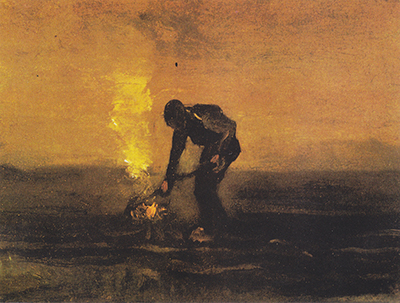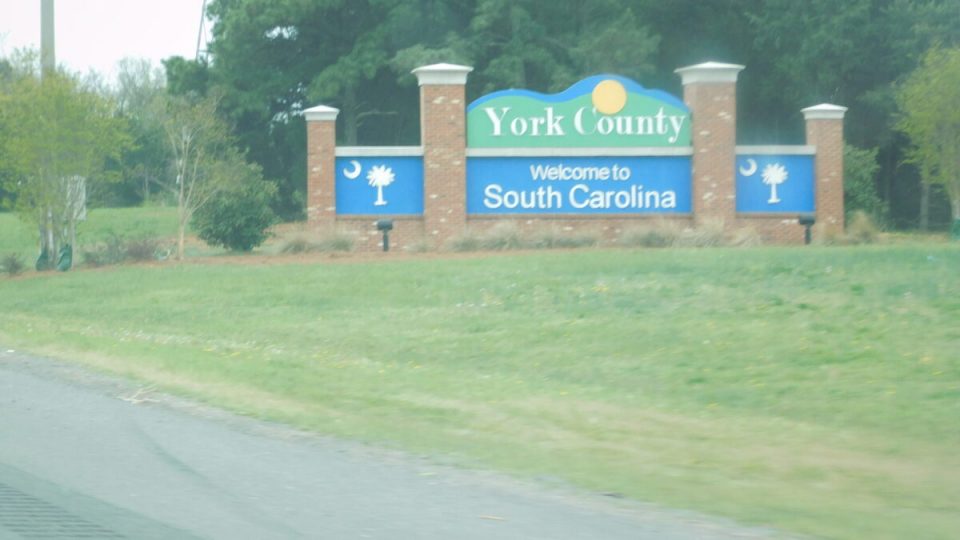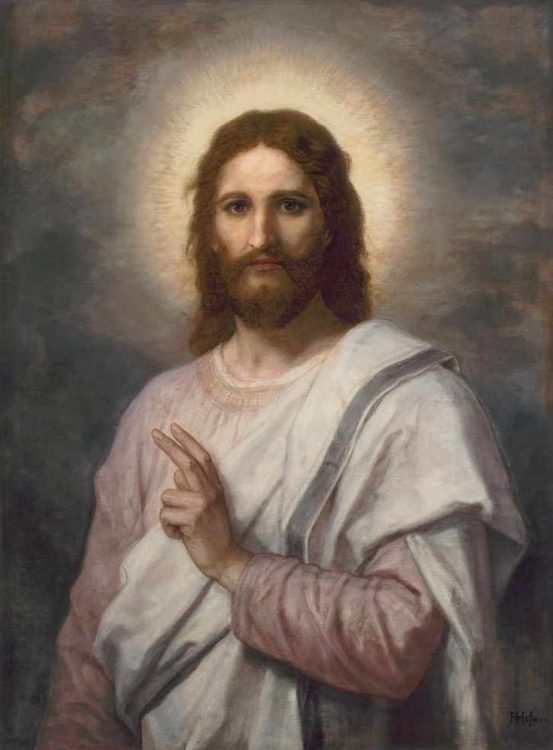Fr. Paul D. Scalia: Sharing in God’s Patience

3 Bombshell Moments in Pope Francis’s War on Tradition, by John-Henry Westen
July 24, 2023
The Revival of Pilgrimage in an Age of Secularism and Distraction, by James Jeffrey
July 24, 2023
*Image: Peasant Burning Weeds by Vincent van Gogh, 1883 [Van Gogh Museum, Amsterdam, Netherlands]. The Van Gogh Museum acquired the painting jointly with the Drents Museum in 2019, and the work will be exhibited alternately at both.
By Fr. Paul D. Scalia, The Catholic Thing, July 23, 2023
Fr. Paul Scalia is a priest of the Diocese of Arlington, VA, where he serves as Episcopal Vicar for Clergy and Pastor of Saint James in Falls Church. He is the author of That Nothing May Be Lost: Reflections on Catholic Doctrine and Devotion and the editor of Sermons in Times of Crisis: Twelve Homilies to Stir Your Soul.




